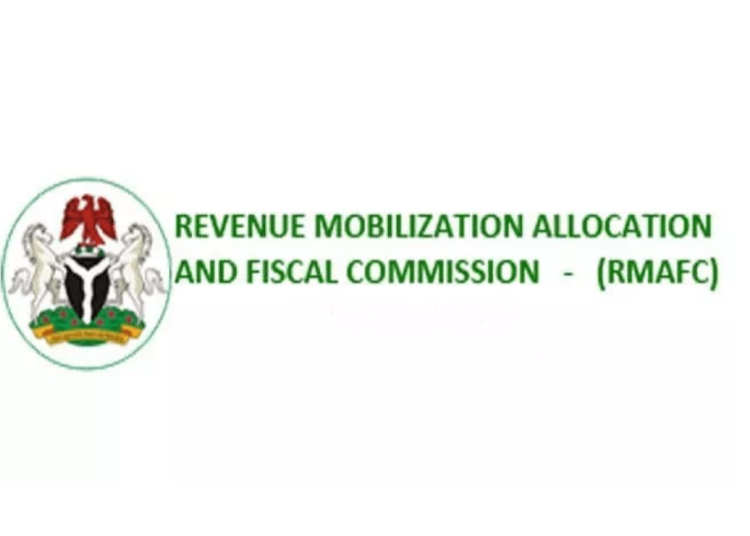The recent proposal by the Revenue Mobilisation, Allocation and Fiscal Commission (RMAFC) to increase the remuneration of political office holders in Nigeria has sparked widespread public outrage, and for good reason. At a time when the country is grappling with severe economic challenges, rising inflation, and a growing budget deficit, the suggestion to raise salaries for politicians appears not only insensitive but also completely out of touch with the realities faced by ordinary Nigerians.
RMAFC has justified the move by citing the stagnation in official salaries since 2008, noting that the President currently earns ₦1.5 million monthly, while ministers receive less than ₦1 million.
The commission argued that this is inadequate given inflation and the rising cost of living. It also pointed out the glaring pay disparities between political office holders and heads of federal agencies, with some Directors-General and officials in institutions like the Central Bank of Nigeria earning significantly more than the President and ministers.
However, this narrative presents only a partial picture. While the base salaries may appear modest, the real earnings of political office holders lie in the vast array of allowances, perks, and unregulated benefits that come with their positions.
For instance, a Nigerian senator is believed to earn up to ₦21 million monthly when all allowances are factored in. Some legislators receive as much as ₦500 million annually in the name of constituency projects, which are often poorly accounted for.
In addition to their inflated earnings, political office holders enjoy state-funded housing, travel, security, and other privileges that far exceed the entitlements of public servants in other sectors. This makes the argument of underpayment misleading and undermines public trust.
In reality, political positions in Nigeria are already among the most lucrative, which is why the contest for these offices often turns violent, expensive, and desperate. People spend billions of naira to win elections, not in pursuit of meager monthly salaries, but for access to enormous and largely unregulated state resources.
The timing and rationale behind the proposed salary increase have drawn sharp criticism from the Nigerian Labour Congress (NLC), opposition parties and socio-political groups across the country, including The Arewa Consultative Forum (ACF), the Middle Belt Forum (MBF) who have condemned the proposal as provocative, selfish, and grossly insensitive.
These critics argue that the government appears increasingly disconnected from the suffering of the people it claims to serve. With millions of Nigerians struggling under the weight of food inflation, rising fuel prices and electricity bills, and inadequate wages, the idea of improving already generous political salaries is both insulting and dangerous.
President Bola Tinubu has publicly committed to cutting the cost of governance. His administration has reduced official delegations and limited international trips by public servants. Increasing salaries for politicians at this time directly contradicts those efforts.Notably, the government has been unable to meet its financial commitments to the Academic Staff Union of Universities (ASUU) and their polytechnic counterparts (ASUP) as well as various medical associations. Health workers, lecturers, and other essential service providers have either gone on strike or are threatening to do so due to unpaid or insufficient wages.
Nigeria is also struggling to fund its foreign missions, while public servants barely survive on the recently approved minimum wage of ₦70,000—a figure that inflation has already rendered nearly useless. Many workers now live below the poverty line, while their counterparts in the political class live in opulence.
Proposing a salary increase for politicians under these circumstances could ignite another wave of industrial action across sectors already on edge. Instead of further enriching the political elite, the RMAFC should embark on a comprehensive review of compensation structures across all levels of public service. Such a review should aim to reduce pay inequality, ensure fairness, and prioritise the welfare of those whose roles are vital to national development. Every worker—whether a legislator or a laboratory technician—deserves the ability to afford life’s basic necessities.
The proposed increase in the remuneration of political office holders is a clear case of misplaced priority. It reflects a disconnect between government officials and the citizens they are meant to serve. At a time when resources are scarce and public confidence is low, such a proposal undermines the spirit of sacrifice the Tinubu administration has been preaching and the equity that the country urgently needs.
As a newspaper, we are aghast that despite the general criticism, the Commission has announced it had gone ahead with the review process. However, in a country that relies heavily on foreign loans to fund its budget, and where the government has defaulted on several critical financial obligations, such a review appears deeply misplaced.
The government must halt this review and instead focus on creating a fairer, more transparent, and more accountable system of compensation that reflects both economic realities and the principles of public service.





